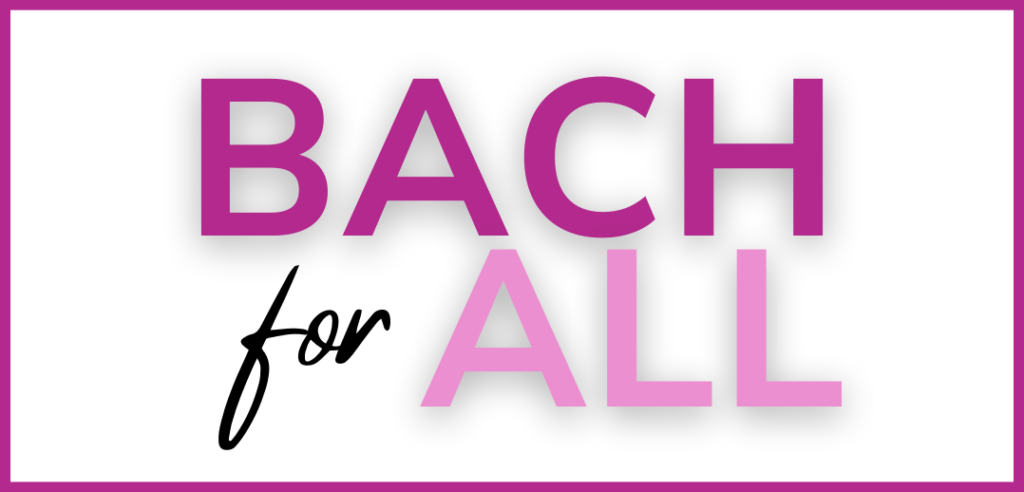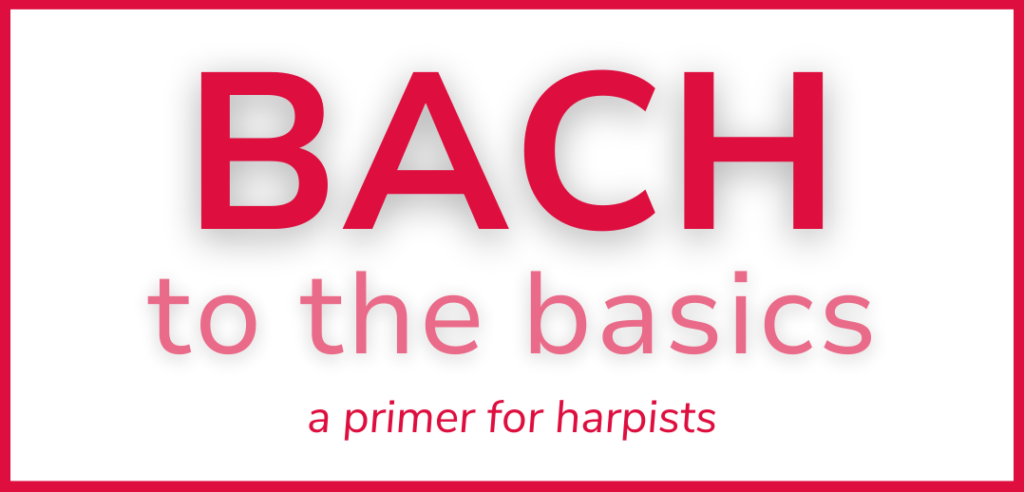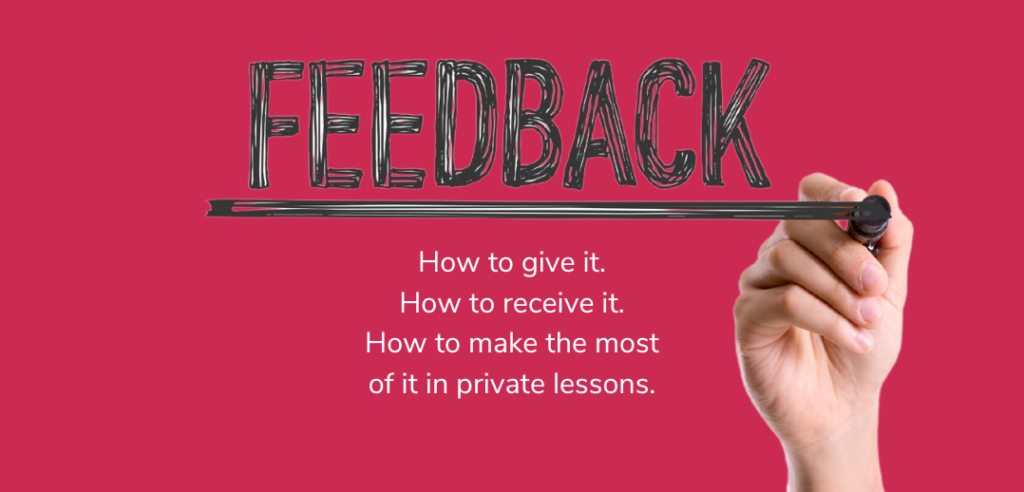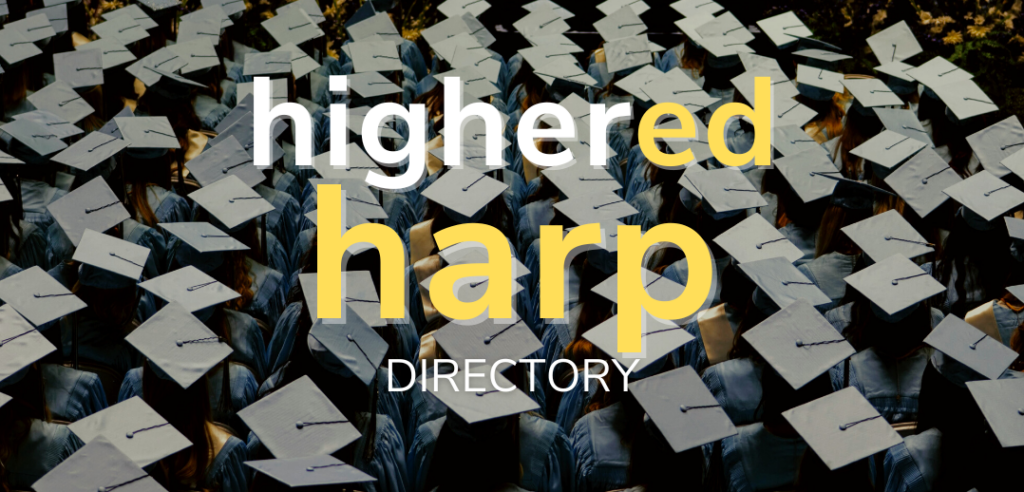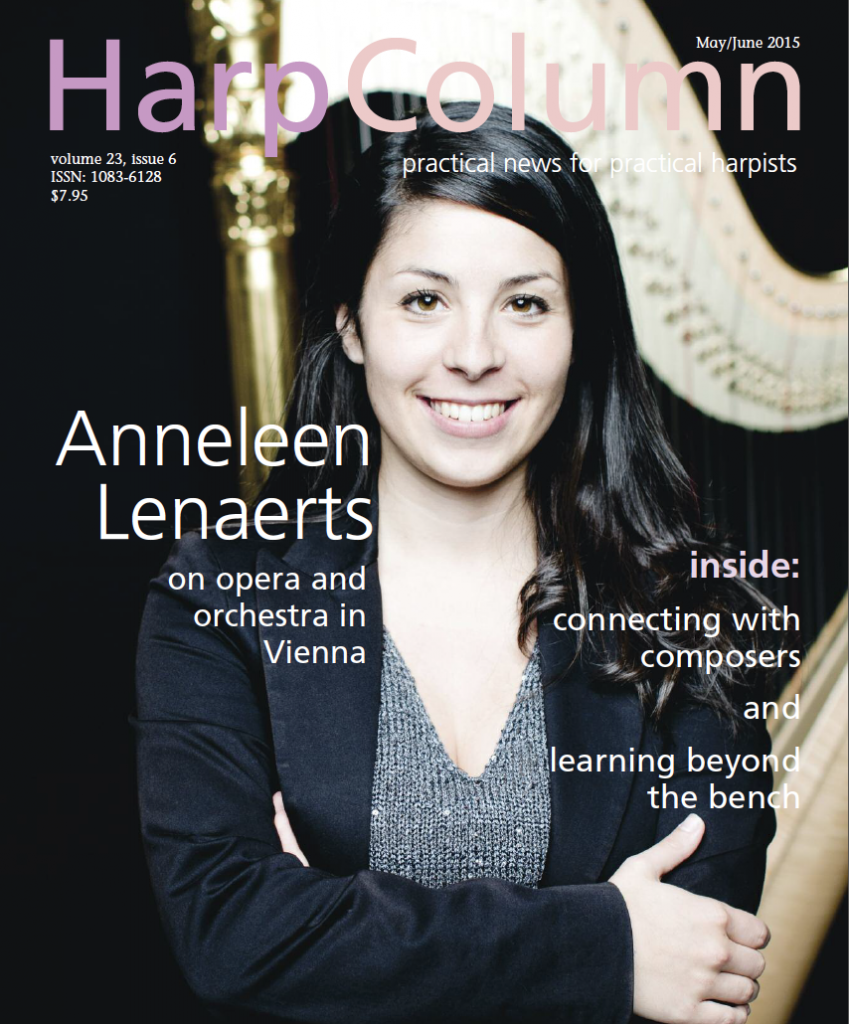Sitting on a bench behind a harp—for many of us, the journey begins here. Lesson after lesson with a local teacher who teaches us not only how to play the harp, but also shows us what it means to be a harpist. We learn about methods and technique, how to practice and perform. We study music fundamentals and flashy pieces. Our teacher is our guide into a secret and wonderful world, where we encounter everything from bisbigliando to blisters.
And sooner or later, we encounter something else: the big harp universe outside our little world, filled with other harpists.
I remember vividly my apprehensions the first summer I went to harp camp at the Salzedo Harp Colony in Camden, Maine. I was 16 years old and had been studying with my teacher for half my young life. And suddenly, as it seemed to me, my teacher wanted to send me to study with other teachers for the summer. It wasn’t that I didn’t understand the eminence of the teachers I would be studying with in Maine. It was simply that it all seemed so intimidating.
The Philadelphia harp world that I knew growing up was not a small one, but I really only had contact with the other students in my teacher’s studio. They, along with my teacher, formed my entire harp circle; it felt like we were almost family. And now I was going to meet other harpists who had other teachers and I wasn’t sure what my attitude should be. Were they rivals? Were they merely strangers? Would we have anything in common in our harp experiences?
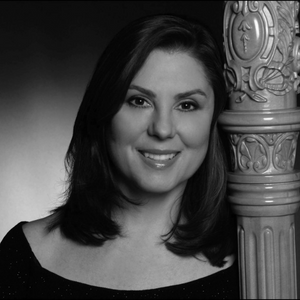
I believe one of the most important things I can do as a teacher is to help my students understand that the process of learning to be a musician has no end point.
Elizabeth Richter
Of course, I had a wonderful time that summer and other summers after that. I made the progress in my playing that my teacher had hoped for, and I made friendships that have endured to this day. And most importantly, I learned that the big harp universe is rich in opportunities to learn, experiences to share, and wonderful harpists to meet.
Today there are even more options for extracurricular harp study than existed when I was a student. Summer camps, retreats, workshops, masterclasses, harp circles, and harp society events are just some of the numerous opportunities that are available. As a teacher, I have grown to treasure those kinds of experiences for my students for many reasons but chiefly because they provide added inspiration that keeps my students interested, energized, and making progress.
In fact, I have identified five “inspiration factors” that are major contributors to musical development and harp happiness. Each of these factors involves moving harp study out of the studio and into the larger musical world. And I asked a number of expert harpists to share their thoughts on how learning beyond the harp bench can inspire us, whether we are students, teachers, or performers.
Inspiration factor No. 1: Training
Musical training is where the hard work happens. It’s the daily grind of practice, the routine of weekly lessons and yearly recitals. We develop rapport and trust with our primary teacher, and together with our teacher, implement a plan of study.
If this doesn’t sound very inspiring to you, it may be because you haven’t considered this: those weekly harp lessons are developing a foundation that will enable you to play and enjoy the harp the way you want. Regular lessons are the core of your musical studies, and they are also the springboard for your musical life. They prepare you to achieve your dreams and goals by giving you the technical and musical skills you will need. In addition, your teacher is an inspiring example of how much can be achieved with practice and patience.
But your regular lessons are only the beginning of your musical training. You will want to learn from different teachers, through private study, and masterclasses or workshops, to gain the advantage of their individual perspectives and specialized knowledge. And the beauty of this is that the training never has to stop.
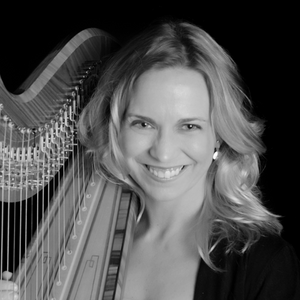
Opportunities offered by camps, masterclasses, and workshops address some of these needs by reaching beyond technique and musicality in an unfamiliar setting.
Jaymee Haefner
Harpist Elizabeth Richter, professor of harp at Ball State University, puts this at the center of her teaching. “I believe one of the most important things I can do as a teacher is to help my students understand that the process of learning to be a musician has no end point; there will never be a time when they are ‘finished.’”
Additionally, there are some important issues that aren’t typically addressed in the private studio. Jaymee Haefner is on the harp and music theory faculty at the University of North Texas and also director of undergraduate studies, giving her a unique perspective on what is necessary for growth as a harpist and musician. “Harpists must be able to speak publicly, write effectively, network professionally, balance budgets, problem-solve, maintain a healthy lifestyle, and understand their position in musical culture, to name just a few essential skills. The opportunities offered by camps, masterclasses, and workshops address some of these needs by reaching beyond technique and musicality in an unfamiliar setting.”
Inspiration factor No. 2: Environment
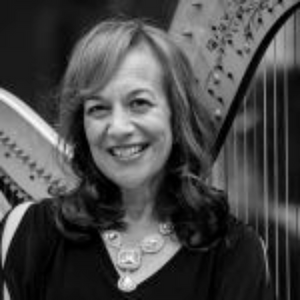
Music was always in the house and we went to hear concerts all the time.
Gretchen Van Hoesen
Musical learning is as much “caught” as it is “taught.” We don’t only learn through practice and lessons. We also learn and grow by listening and observing. Being in surroundings that are rich in musical information allows us to absorb knowledge about our craft without the struggle of practice. Mozart’s genius would doubtless have shown itself anyway, but it was certainly nurtured by his home environment where his father, a composer and violinist, gave daily music lessons to Mozart and his older sister.
Pittsburgh Symphony principal harpist Gretchen Van Hoesen grew up in a similarly musically rich home. “I have had such amazing opportunities growing up in a family full of musicians. Music was always in the house and we went to hear concerts all the time. My sister is a violinist, and as a child I heard young violinists such as Pinchas Zukerman, Itzhak Perlman, Kyung Wha Chung, and Jody Gatwood at the Meadowmount School of Music twice a week. I attended several summer camps and festivals, which further inspired me as a young harpist and pianist.”
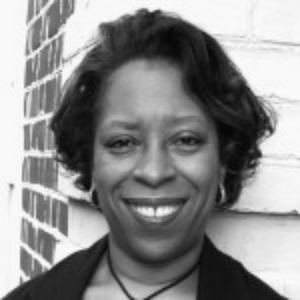
The harp is still such a solitary instrument that these collaborations [with other harpists] are really important.
Robbin Gordon-Cartier
Sometimes a different environment away from home can provide new insights.
Master teacher Robbin Gordon-Cartier recalls her summer studies as a student: “My teacher took her students away in the summers; eight of my years were spent in Ireland where we would take classes at the Royal Irish Academy of Music and we would practice the rest of the day. The part of this that had the major impact on me was being around students of all different levels. I was able to hear what some of the older students were playing and that was very inspirational to me.”
Inspiration factor No. 3: Experience
“Experience is the teacher of all things,” according to Julius Caesar, and the collection of a variety of experiences can shape us and reveal new pathways. Sometimes a single experience can be transformative, as Orlando harpist Jan Jennings found.
“Prior to becoming a full-time harpist, I was a vice president at a savings and loan. I used my vacation to attend my first harp festival and it really did change my life. I realized I could do this for a living! As a young child playing the harp, I was always told I was ‘special’ but I realized that it was because I was the only one in my school who played harp. I didn’t know how I compared to others who could play this instrument (other than my teacher’s other students). Attending a conference made me realize I played well enough to make a living at it, and in less than two years I was a full-time harpist and left the banking industry.”

[Playing at a harp retreat] totally raised their playing and performing skills and confidence. It has motivated them to do more performing in harp circles and for friends.
Sharon Thormahlen
The challenge of a new experience can push us to greater accomplishment. Harpist Sharon Thormahlen, of Thormahlen Harps, remembers taking two of her students to a harp retreat where they would have to play in a harp circle. “They were both extremely nervous about this. But they did it and lived through the experience, which for them was monumental. It totally raised their playing and performing skills and confidence. It has motivated them to do more performing in harp circles and for friends.”
“Playing in front of an audience at a masterclass can be daunting,” says Elizabeth Volpé Bligh, principal harpist of the Vancouver Symphony, “but it helps build control over nerves even more so than at a recital. If the teacher is good, there can be life-changing epiphanies.”
Inspiration factor No. 4: Perspective
We gain perspective when we broaden our view, when we step out of the practice room and into the wider harp world. Extending the scope of our vision enhances our understanding and our enjoyment of the harp and of music.
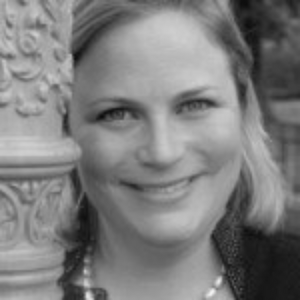
That sense of community [at summer programs] engages students as they share knowledge and inspires them to stay connected long after camp is over.
Lynnelle Ediger
In her work as director of the American Youth Harp Ensemble and the Summer Harp Institutes, Lynnelle Ediger focuses on developing well-rounded students and musicians. “I grew up in a family with the philosophy that there was a lot to learn outside of the classroom. As a young person, I was always encouraged to take advantage of extracurricular opportunities whether related to travel, academics, or the arts. Those experiences informed and enhanced my learning, but perhaps more importantly gave me a global perspective and a sense of community. Now, as an educator, this philosophy provides a basis for program development for the American Youth Harp Ensemble and our Summer Harp Institutes.”
Master teachers emphasize the value of extracurricular learning opportunities to enlarge a student’s perspective. Haefner says, “Most importantly, these opportunities offer students a chance to work with teachers and peers who are different from the harpists in their local studio. I believe these differences should be celebrated and encouraged, as this exposure leads to a deeper understanding of all aspects of our profession as harpists.”
Gordon-Cartier echoes that philosophy. “I really believe that exposure to other players, different styles of playing, varied repertoire, and limitless possibilities is what helps form the type of harpist a student will become.”
A wider perspective can be as close as your local concert hall or even your iPod. “Critical listening to great music, live, with great musicians—soloists, chamber musicians, and conductors who have spent their careers honing their musical and technical skills—is so important to one’s growth as a musician,” says Van Hoesen. “Listening to music on the internet is also an invaluable source of learning.”
Inspiration factor No. 5: Community
Beyond the learning and the exposure to different ideas, we can find inspiration in the discovery that we are all part of a wide and diverse harp community. The community can be a source of strength, support, and close connection, as Gordon-Cartier’s personal experience demonstrates.
“I began traveling with my teacher at the age of nine, I am close friends still with five of her students. We all still live in New Jersey and we all make our living as harpists. There is a really powerful connection in that. I have students who are able to travel to different places in the world and have a place to stay because of other people they have met at conferences. The harp is still such a solitary instrument that these collaborations are really important.”
“One reason why students enjoy summer programs,” says Ediger, “is the opportunity to find peers that share their passion for the harp and for music. That sense of community engages students as they share knowledge and inspires them to stay connected long after the camp is over.”
Thormahlen finds her students gain confidence from the other harpists they meet. “They find new sources of information and create new friendships. They can get help from other students who are experiencing similar learning issues. They can discuss the ways that they learn and thus learn from each other. They can see the varying levels of harpists and enjoy the wonderful music that they hear even from the beginning harpists. I think this raises their own confidence level.”
What about online study?
Online study can extend the reach of your personal harp community. Online study is no longer merely Skype lessons. There is an increasing variety of courses and online communities that will bring the inspiration to you wherever you live and be a solution, at least in part, to many harpists’ biggest dilemma: having no harp teacher close by. (Full disclosure: My own Harp Mastery blog and community reflects my particular interest in this area.)
Harpist Deborah Henson-Conant has developed a series of online courses she teaches for harpists around the world. “I guess I think of the in-person, ongoing teacher-student relationship as the fundamental relationship, like an ongoing mentorship, and online courses as opportunities to learn new things, enhance your basic learning, expand your repertoire, and work on specific areas that are outside your own teacher’s area of expertise,” she says.
Henson-Conant believes the combination of live and online [learning] can be especially powerful for a student. “Online study gives students a chance to get familiar with new concepts and try them out. It gives them a chance to connect with an international community of other harp players. It can give them repeated access to a master teacher, someone they’d normally only get to see once a year at a festival. It generally gives them a specialized knowledge of one particular piece or style that they can add to their repertoire. One-on-one teaching helps students finesse what they’re learning, solve specific technical problems, and have a long-term one-on-one relationship with a teacher.”
It’s a Win-Win
For some students, the idea of attending a workshop or masterclass can be unsettling. Some people worry about not being good enough; others are afraid their teacher won’t approve. But all the teachers I asked are eager for their students to pursue extra study and rave about the positive results they experience.
And the benefits don’t just accrue to the students. Their teachers benefit as well. Richter notes that when one of her students returns from a masterclass or other event, she is always eager to hear about it, and frequently learns something herself. Haefner welcomes these opportunities for her students to explore other solutions to practice and performance related issues—something she continues to do as a performer and teacher. Thormahlen says she learns from her students who attend workshops, through the handouts they bring back, teaching styles they are exposed to, and different approaches to musical ideas they share.
Jennings expresses it perfectly. “In my experience, I see students more motivated to practice, open to learning new music, and often giving the harp more priority in their schedules. It’s a win-win for both student and teacher!” •








